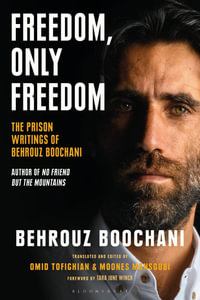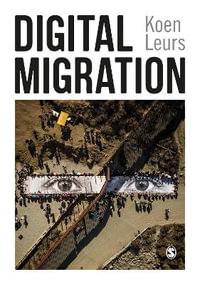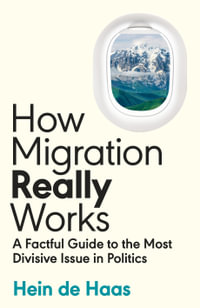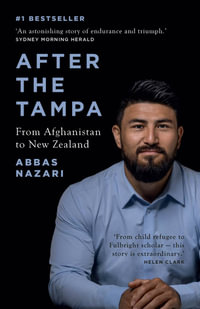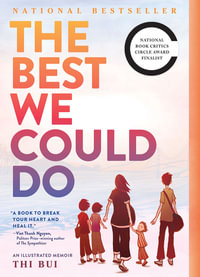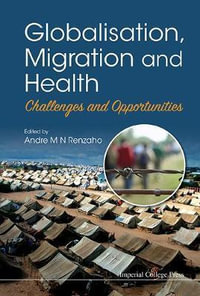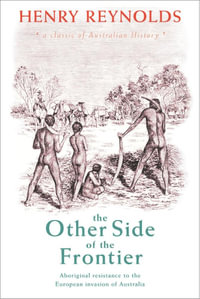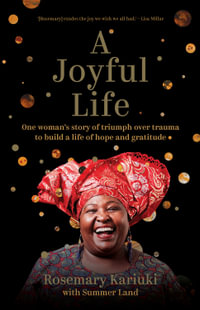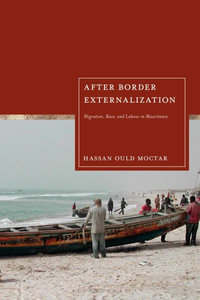One in every ninety-five people on the planet has been forcibly displaced from their home and our collective response is woefully inadequate. Through comparative case study, Refugee Solutions in the Age of Global Crisis provides the first policy analysis in 70 years of the three durable
solutions -- voluntary repatriation, local integration, and third country resettlement -- and offers implications for their reform. Reforming yesterday's solutions requires understanding how they have been used, how they have failed, and how they can be improved.
Using comparative case studies of the Somali Voluntary Repatriation Program, the Kalobeyei Integrated Settlement, and the Arizona Refugee Empowerment Project this book provides a comprehensive, global, and timely policy analysis grounded in social work, human rights, and sustainable development. The
case studies focus on refugee policies and populations from Africa, Asia, the Middle East, and North America, as well as contemporary voluntary repatriation, local integration, and third country resettlement programs. This book offers implications for improving refugee solutions to promote human
rights, integration, and sustainable development. This is vital to counter the rising tide of restrictionist, anti-refugee sentiment and policies.
Industry Reviews
At a time in history when refugees are traversing lands and seas-often risking death or succumbing to it-we need to think about solutions. In Refugee Solutions in the Age of Global Crisis, Androff lays out the viability of voluntary repatriation, local integration in the country of asylum, and resettlement to third countries. These and many other solutions are important to consider seriously. Androff has done this and invites the reader to do the same. * Luis H. Zayas, University of Texas at Austin *
David Androff's new book on refugees is based in his deep global understanding and practical commitment to solutions. He recognizes that climate change and other global crises will lead to more refugees, and the refugee challenge, while already large at over 82 million forcibly displaced people, is likely to become larger. Professor Androff offers illuminating case studies and sensible solutions to achieve human rights, successful integration, and sustainable social development. * Michael Sherraden, Washington University in St. Louis *
David Androff's book provides rich insight into the challenges posed by the intensification of forced migration and the relative weakness of enforcing global obligations towards refugees in the 21st Century. Drawing upon extensive knowledge of human rights and social development, Androff importantly draws attention to the centrality of integration or reintegration to each of the "durable solutions" and provides concrete policy steps to foster a more just refugee system. The book will be invaluable to scholars, students, and practitioners, spurring greater engagement on this critical global social policy issue. * Kathryn Libal, University of Connecticut *







